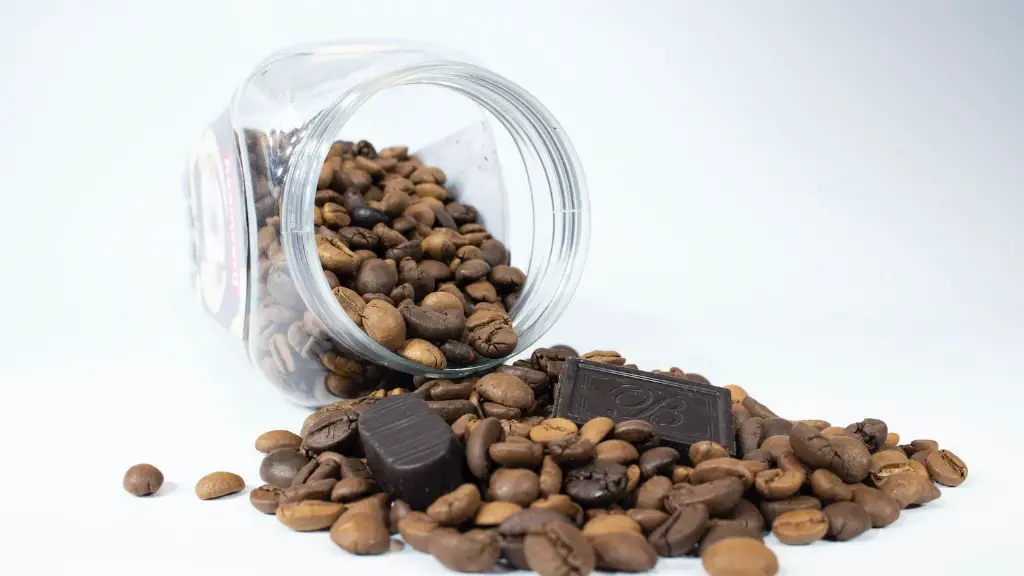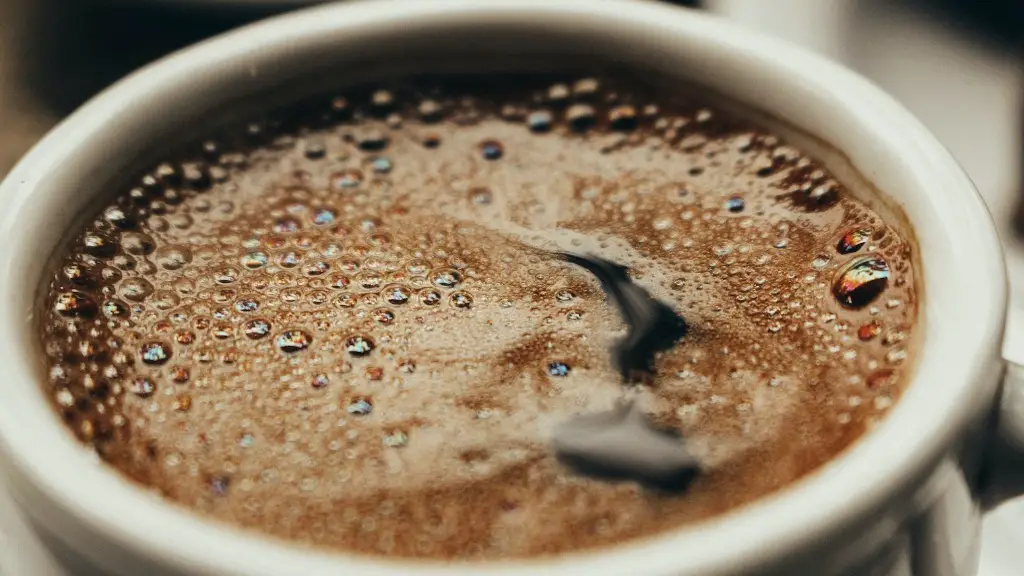Lifestyle and Health Benefits of Coffee
Coffee has been around for centuries and is one of the most popular drinks in the world. It is full of antioxidants and other health benefits like improved alertness, cognitive performance and mood control. Furthermore, coffee is a great pre-workout drink, especially if you’re looking to get an extra boost of energy before your workout. But, it can be difficult to determine how much coffee you should drink before a workout. In this article, we’ll discuss the health benefits of coffee, the different types of coffee drinks and the average amount of coffee you should drink before a workout.
Types of Coffee
Coffee comes in several forms such as espresso, cappuccino, latte, and more. Espresso is the concentrated form of coffee with a strong flavor. Cappuccino and lattes can be more palatable for those who don’t like the flavor of espresso. Furthermore, cold brew is a popular choice for those who want to drink coffee with their workout. Cold brew is brewed without heat, which makes the flavor smoother and less acidic than regular coffee.
Nutritional Benefits of Coffee
Coffee has a number of nutritional benefits. It has been shown to improve alertness, cognitive performance and mood control. Furthermore, according to the American journal of Epidemiology, it has been found that coffee can improve aerobic performance in athletes and reduce soreness after exercise as well. Coffee is also packed with antioxidants which can help to reduce the risk of disease and protect your cells from free radical damage.
How Much Coffee to Drink Before a Workout
Generally, it’s recommended to drink 1-2 cups of coffee (8oz) before a workout. Of course, this amount may vary depending on your individual caffeine tolerance. It’s also important to note that coffee should not be the only source of caffeine. You should also incorporate other sources such as green tea and dark chocolate as part of your pre-workout routine.
It’s also important to be aware of the potential side effects of drinking too much coffee. Too much caffeine can cause irritability, jitters and insomnia, so it’s important to be aware of your own limits when it comes to caffeine consumption. Furthermore, coffee can also increase your heart rate and raise your blood pressure, so those with underlying health conditions should consult their doctor before drinking coffee before a workout.
Rate of Metabolization and Timing
Everyone’s metabolism works at a different rate, which can also play a role in how much coffee you should drink before a workout. If you have a slow metabolism, it can take longer for the caffeine to kick in. In this case, it’s best to start drinking coffee about 30 minutes before your workout. On the other hand, if you have a fast metabolism, you may want to drink your coffee about 15 minutes before your workout so that the effects are in full swing come time for the workout.
Types of Workouts and Caffeine Intake
The type of workout you’ll be doing may also factor into the amount of coffee you should drink before a workout. For example, a high intensity interval workout may require a higher intake of caffeine than a yoga class or a slow 5K run. If you’re looking for an extra boost of energy, you may want to stick with 1 cup of coffee, while lighter workouts may necessitate only half a cup.
Alternatives to Coffee
Of course, coffee isn’t the only drink that can give you a boost of energy before a workout. Alternatives such as green tea, energy drinks and pre-workout supplements can be great options for those who don’t want to consume coffee. However, you should still be aware of the side effects associated with energy drinks and pre-workout supplements, as some of the ingredients may not be suitable for everyone.
Staying Hydrated
No matter what type of drink you choose to consume before a workout, it’s important to stay hydrated. Coffee can be dehydrating, so make sure to drink plenty of water throughout your workout to avoid any potential side effects.
Coffee as a Performance Enhancer
Coffee can be a great pre-workout drink when consumed in moderation. Some athletes even use coffee as a performance enhancer in their workouts. Studies have shown that coffee can improve running times, increase endurance and reduce the rate of perceived exertion. Furthermore, coffee has been found to increase concentration and focus during physical activity.
Coffee for Mental Performance
Coffee’s effect on mental performance is one of the more beneficial aspects of coffee consumption. It has been shown to improve alertness, focus and memory. Studies have shown that athletes who consume coffee before a workout tend to have better focus and reaction times than those who do not. Furthermore, coffee may also enhance the effects of pre-workout supplements and energy drinks, so you may want to think about incorporating a cup of coffee into your pre-workout routine.
Weight Loss Benefits of Coffee
Coffee can also help with weight loss. Studies have shown that coffee can increase metabolism, making it easier to burn fat and lose weight. Furthermore, coffee has also been found to increase the rate of fat oxidation, which means that your body is more efficient at burning fat for energy. Finally, since coffee can help to suppress appetite, it can be an effective tool in helping you lose weight.
Coffee as an Appetite Suppressant
Coffee is known for its ability to suppress appetite. This can be helpful if you’re trying to lose weight. Studies have shown that coffee can reduce hunger, making it easier to stick to a healthy diet. Furthermore, coffee can also help to boost your metabolism, so it’s a great choice if you’re trying to lose weight.
Verdict
There is no one-size-fits-all answer when it comes to how much coffee you should drink before a workout. The amount of coffee you consume should depend on your individual caffeine tolerance, the type of workout you’ll be doing and your overall health. In general, it’s recommended to drink 1-2 cups of coffee (8oz), but it’s important to be aware of the potential side effects of drinking too much coffee. Furthermore, coffee has a number of other health benefits, including increased alertness, cognitive performance and mood control.



